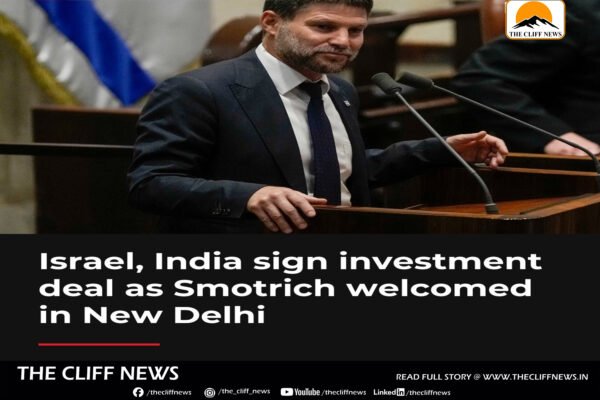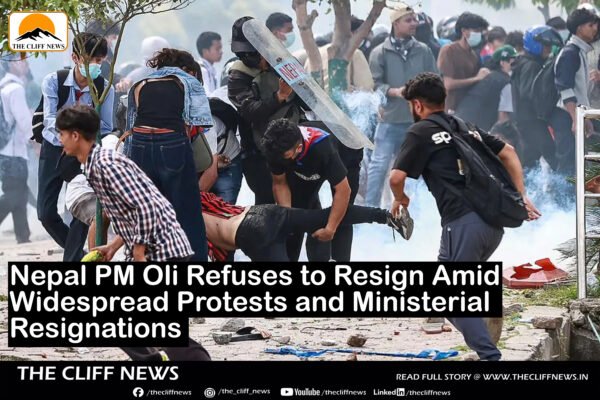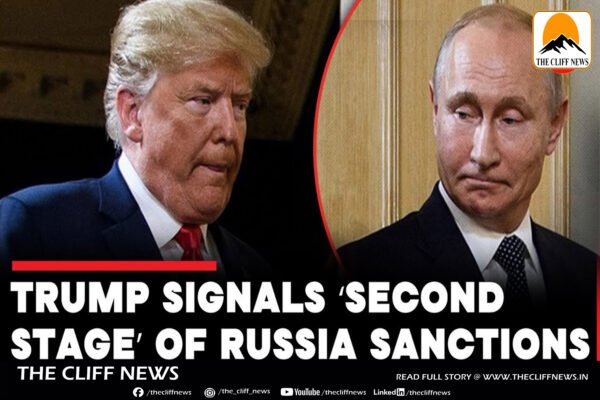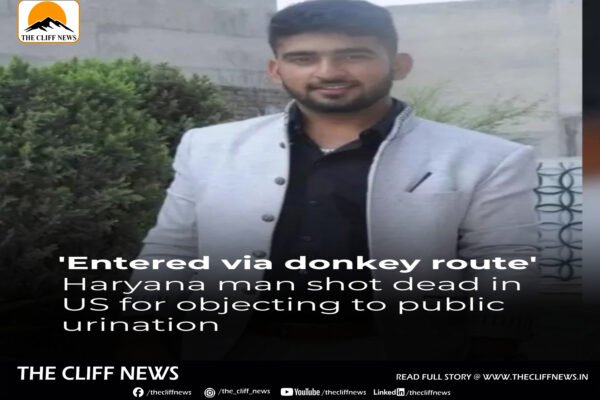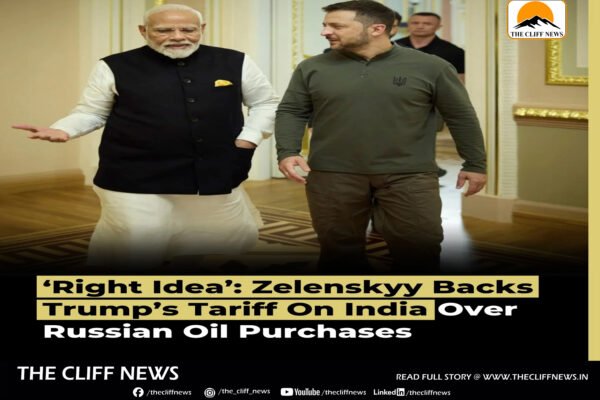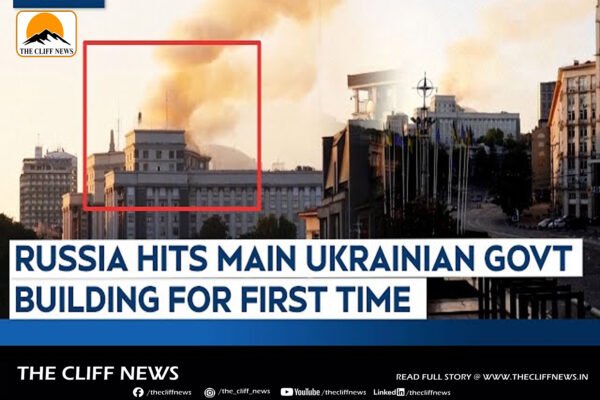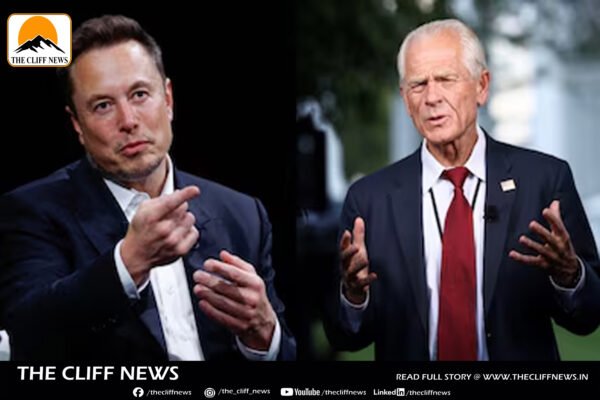India, Israel Sign Bilateral Investment Pact to Boost Trade and Strategic Cooperation
India and Israel have signed a bilateral investment agreement aimed at expanding mutual trade and strengthening economic ties, during the visit of Israeli Finance Minister Bezalel Smotrich to New Delhi. The pact was signed by Smotrich and India’s Minister of Corporate Affairs, Nirmala Sitharaman, and is being hailed as a milestone in the deepening partnership between the two nations. The agreement seeks to promote greater collaboration in areas such as cybersecurity, defence, innovation, and high-technology, Sitharaman said. Smotrich, who has been sanctioned by several Western nations for his links to illegal West Bank settlements, described the deal as “an important strategic step for our joint vision.” Writing on X, Smotrich noted: “This agreement will open new opportunities for investors in both countries, strengthen Israeli exports, and provide businesses with the certainty and tools to grow in one of the world’s largest and fastest-growing markets.” India’s Ministry of Finance termed the accord a “historic milestone,” highlighting its potential to foster cooperation in fintech innovation, infrastructure development, financial regulation, and digital payment connectivity. According to official figures, bilateral trade between India and Israel stood at $3.9 billion in 2024, while current mutual investments are estimated at $800 million. Much of this relationship, however, is dominated by defence and security ties, with India being Israel’s largest weapons buyer. The agreement comes at a time when Israel faces growing global isolation over its war on Gaza. India, under Prime Minister Narendra Modi, has steadily moved closer to Israel. New Delhi was among the first to condemn the Hamas-led October 7, 2023, attack on Israel as an “act of terror.” Since then, Indian authorities have cracked down on pro-Palestine demonstrations—banning them in some cases—while permitting pro-Israel rallies.
